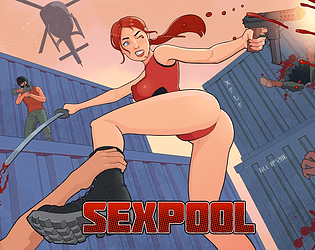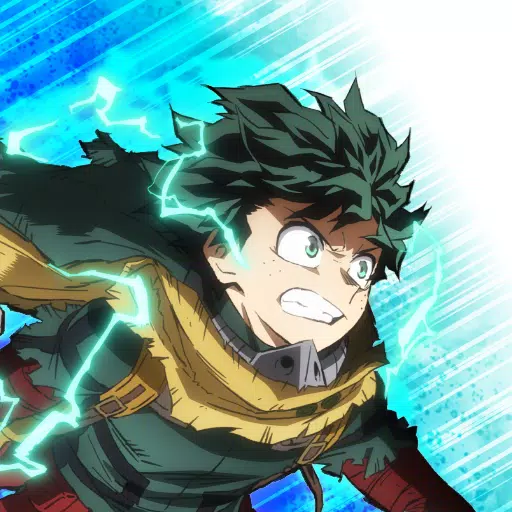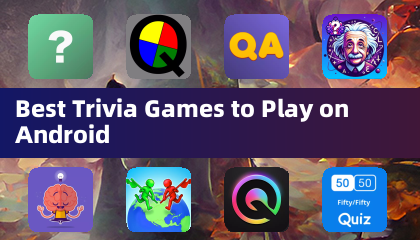The integration of artificial intelligence (AI) in video games has sparked significant debate, with prominent figures like NieR series director Yoko Taro voicing concerns about its potential impact on the industry. In a recent discussion at Famitsu, translated by Automaton, several renowned Japanese game developers, including Yoko Taro, Kotaro Uchikoshi (known for Zero Escape and AI: The Somnium Files), Kazutaka Kodaka (Danganronpa), and Jiro Ishii (428: Shibuya Scramble), shared their insights on the future of game development, particularly in the realm of adventure games.
During the interview, the conversation turned to AI, with Uchikoshi expressing apprehension about AI-generated adventure games becoming mainstream. He acknowledged the rapid evolution of AI technology but pointed out its current limitations in achieving "outstanding writing" that matches human creativity. Uchikoshi stressed the importance of preserving the "human touch" in game development to stay ahead of technological advancements.
Yoko Taro echoed these concerns, suggesting that AI could potentially lead to job losses for game creators. He humorously remarked that in 50 years, game creators might be viewed similarly to bards, indicating a possible shift in the perception and role of game developers.
When discussing whether AI could replicate the intricate worlds and narratives of their games, Yoko and Ishii agreed it was feasible. However, Kodaka argued that AI might mimic their styles and works, but it would lack the unique creative essence of a human creator. He likened this to how other writers could emulate David Lynch's style, yet Lynch himself could evolve his style while maintaining its authenticity.
Yoko also floated the idea of using AI to generate new scenarios within games, such as alternate routes in adventure games. However, Kodaka pointed out that such personalization could detract from the shared experience that games traditionally offer.
The discussion of AI in gaming extends beyond these creators. Companies like Capcom and Activision have been experimenting with AI technologies, while Nintendo president Shuntaro Furukawa has highlighted both the creative potential and the intellectual property challenges posed by generative AI. Microsoft and PlayStation have also contributed to the ongoing dialogue about AI's role in the future of gaming.
This conversation underscores the complex relationship between AI and game development, balancing the promise of technological innovation against the preservation of human creativity and shared gaming experiences.















